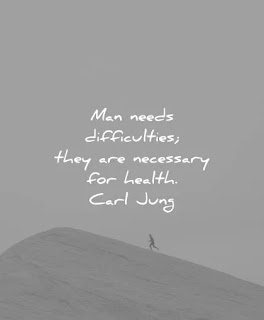Balanced Nutrition
A balanced diet is one that fulfills all of a person's nutritional needs. Humans need a certain amount of calories and nutrients to stay healthy. A balanced diet provides all the nutrients a person requires, without going over the recommended daily calorie intake.
A balanced diet is a diet that contains differing kinds of foods in certain quantities and proportions so that the requirement for calories, proteins, minerals, vitamins, and alternative nutrients is adequate and a small provision is reserved for additional nutrients to endure the short length of leanness.
A balanced diet consists of six main nutrient groups; proteins, carbohydrates, lipids, vitamins, minerals, and water. Dietary reference values (DRVs) comprise a range and an estimated average of recommended daily intake levels for nutrients and energy for males and females at different stages of their life.
A healthy lifestyle can be attained by maintaining a balanced diet and keeping into consideration to meet all the essential nutrients required by the body. A proper meal plan helps to attain ideal body weight and reduce the risk of chronic diseases like diabetes, cardiovascular and other types of cancer.
To implement a healthy lifestyle and diet one must increase the intake of liquids in the diet. Fluid intake is crucial for our body functioning as nearly 70 % of our body is made up of water. So we must drink at least 2 liters of water every day and should lower the consumption of caffeinated drinks and alcohol. Also, we should eat green leafy vegetables and fresh fruits that contain a lot of fiber and nutrients. These also improve the metabolism of the body and keep you lean and healthy.
According to the most recent recommendations, an example of a balanced diet is a balanced meal including vegetables and fruits that must form about half of the human's plate serving since vegetables and fruits are the healthiest foods to eat. The rest of the food plate serving should contain proteins and grains.
Healthy foods include:
- Fat-free and low-fat dairy products, such as low-fat yogurt, cheese, and milk.
- Fresh fruits, canned, frozen, or dried.
- Whole-grain foods, such as whole-wheat bread, oatmeal, and brown rice
- Protein foods, such as lean meat, fish, poultry without skin, beans, and peas.
A healthy diet includes the following: Fruit, vegetables, legumes (e.g. lentils and beans), nuts, and whole grains (e.g. unprocessed maize, millet, oats, wheat, and brown rice). At least 400 g (i.e. five portions) of fruit and vegetables per day (2), excluding potatoes, sweet potatoes, cassava, and other starchy roots.






Comments
Post a Comment
Thank you for your comment!
For more interesting health tips and tricks please visit my blog again and again .